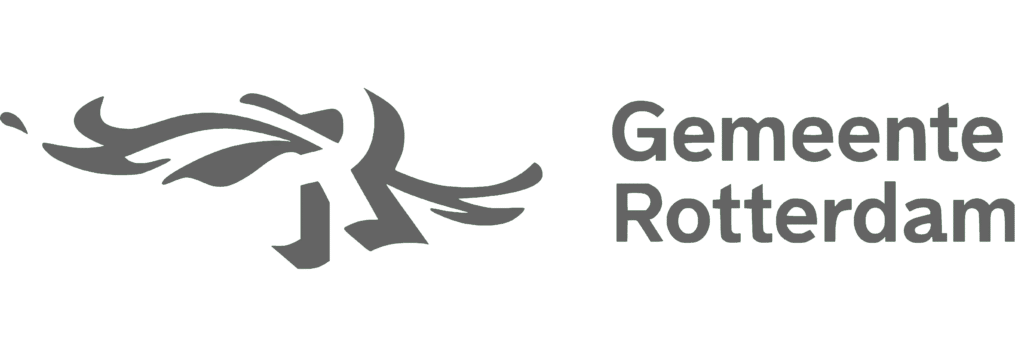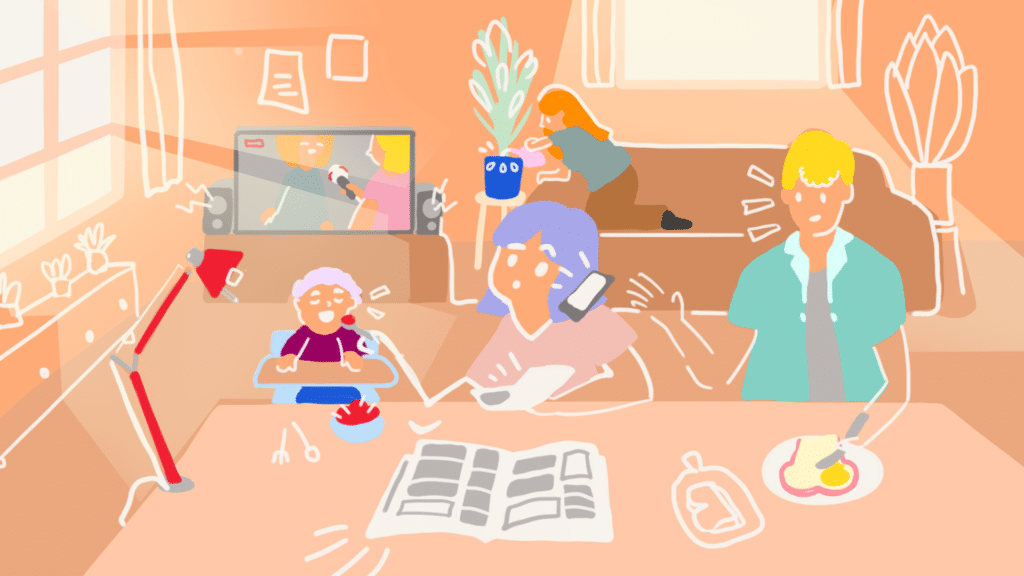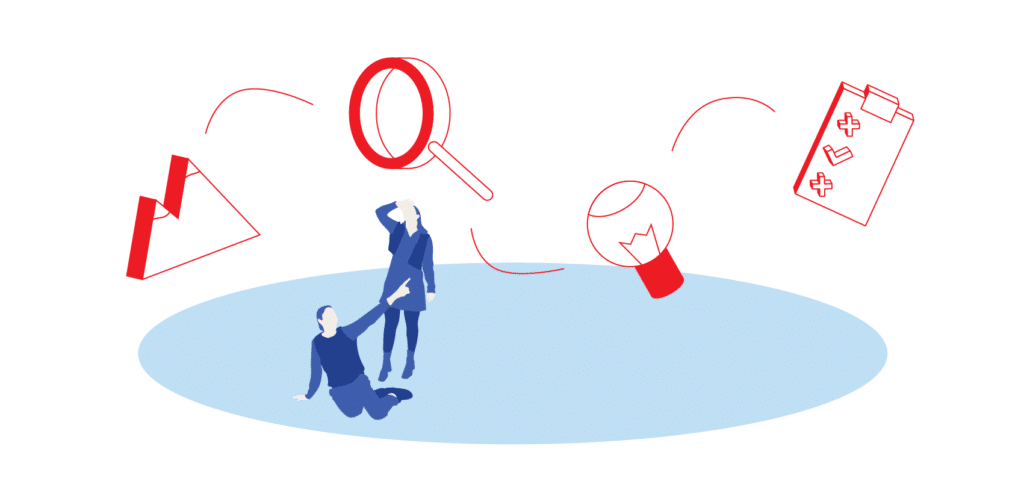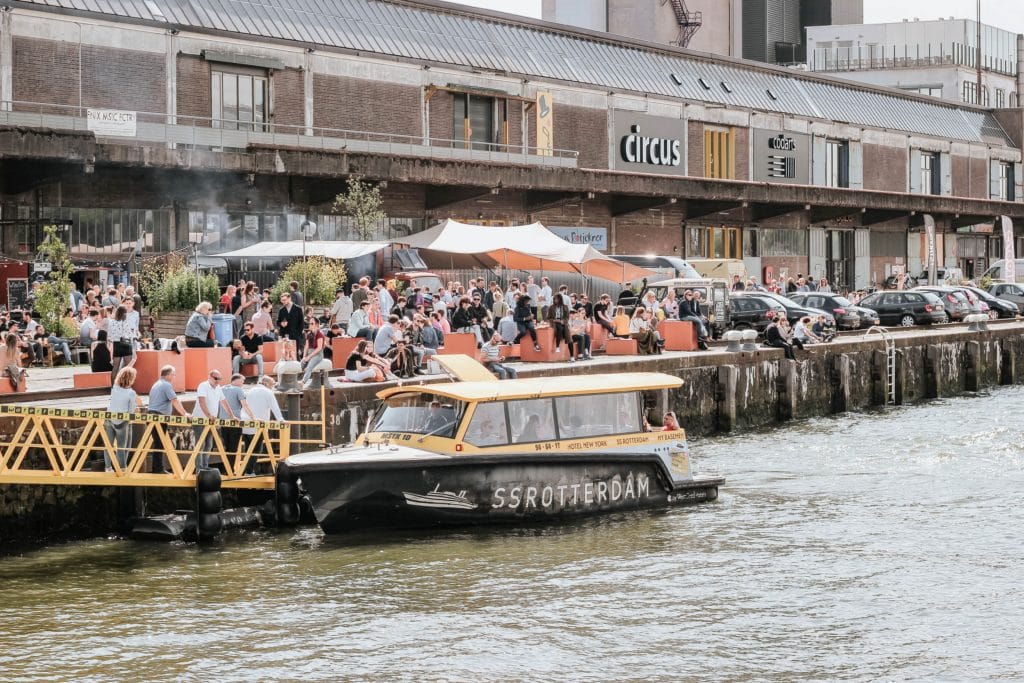
A vision for the NOS news
News needs to be serious, but it needs to be human too. We helped bring a new vision to the most-watched Dutch TV news show while maintaining objectivity.
Read more
1,3 mln
phone calls a year
– 53%
number of misdialed menu options
8+
NPS score overall valuation 14010 (coming from 7+)
7.5
NPS score waiting time (coming from 6.5)

Every year the City of Rotterdam receives 1.3 million phone calls from inhabitants and companies. Their questions concern a wide range of topics such as taxes, income, parking, and waste disposal. The callers span a wide spectrum of people who all have high expectations of the service level of the municipality. Callers may be people with low literacy, elderly, entrepreneurs, or other professionals. The aim of the City of Rotterdam is to offer accessible services for the entire spectrum of callers.
Currently the service is set up with 200 call agents, who are part of a job re-integration program. New call agents are gradually trained, which means they cannot answer all questions immediately. Therefore, callers are asked to choose their call topic from a selection menu (5-8 options). Based on their choice they are redirected to one of the call agents.
A review of the service carried out by the municipality (using amongst others NPS data) highlighted three key problems:
We interviewed both call agents and citizens who had experienced the call center service in the past week. During these interviews we applied both the fundamental needs framework and our emotion measurement tool. How? During our interviews with callers and call agents we asked them to describe a certain situation in detail and asked them to describe how they felt at that moment. Afterwards we could ladder these emotions to fundamental needs.

The outcomes of the interviews shifted our perspective – the call center should support callers to make the right selection to find the right answers to their questions. It comes down to feeling Competent. Other important needs in this context were Autonomy (having control over when and how you want to ask for help), Community (people want to feel part of Rotterdam), and Morality (many calls touched on moral topics, such as improving one’s environment). Interestingly, the need for speed or efficiency (which ladders up to the fundamental need for Comfort), which we would have expected based on the NPS results, did not make it to the list of most important needs!
During a co-creation session with the City of Rotterdam we translated the needs into design guidelines and ultimately into very concrete optimizations to the selection menu. To name a few:
Many people call with a story, not a question.
– Call agent at 14010
The service we used for this project
Work smarter and deliver better solutions by designing services built around actual humans and actual human behavior.

We work for diverse clients: from multinational companies to local partners

News needs to be serious, but it needs to be human too. We helped bring a new vision to the most-watched Dutch TV news show while maintaining objectivity.
Read more

How can a metropolis like Rotterdam improve its services and make the wellbeing of citizens its central goal? Together with people of the municipality, we set up a collaborative lab to find the answers.
Read more

Contact us to find out how we can help you!
Get in touch